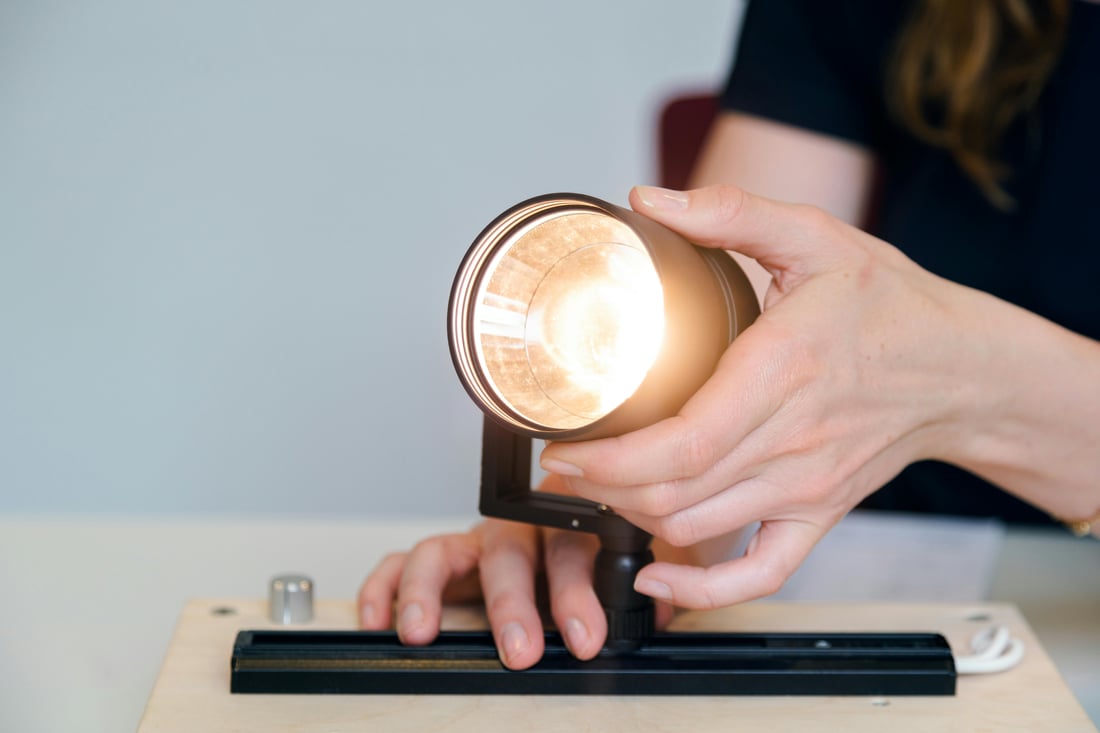What Are electrical inspections?
Electrical inspections are thorough examinations of electrical systems in homes and businesses. They are conducted by professionals to ensure that electrical systems comply with safety standards and regulations. Inspectors investigate wiring, circuits, outlets, and appliances to identify any issues that may cause harm or damage to the property.
Why Are Electrical Inspections Important?
Electrical inspections are crucial for safety and peace of mind. Faulty electrical systems can lead to electrocution, electrical fires, and other accidents that can be fatal. By detecting potential issues early, inspections can prevent costly repairs and lawsuits. Electrical inspections are also necessary for getting insurance and selling a property.
When Should Electrical Inspections Be Done?
Electrical inspections should be done periodically depending on a property's age and condition. Older properties or those with outdated electrical systems may require more frequent inspections. For residential properties, inspections are recommended every five years or less. For commercial properties, inspections should be done annually or bi-annually.
Who Can Conduct Electrical Inspections?
Electrical inspections should be done by licensed and certified electrical inspectors. They have the training and expertise to identify and resolve electrical issues safely and effectively. Some inspectors may specialize in residential or commercial properties, so it is important to choose an inspector who has experience with the property type.
What Happens During an Electrical Inspection?
During an electrical inspection, the inspector will check the electrical system's components, including the service panel, breakers, circuits, and wiring. They will also inspect outlets, switches, and appliances to ensure they are working properly. The inspector will use specialized equipment to check for overload, voltage drop, and grounding problems. Once the inspection is complete, the inspector will provide a report of their findings and any recommended repairs or upgrades.
What Are the Benefits of Electrical Inspections?
Electrical inspections offer many benefits, including:
- Identifying fire hazards and reducing the risk of electrical fires
- Protecting against electrocution and other electrical accidents
- Ensuring compliance with safety codes and regulations
- Preventing costly repairs and replacements by detecting issues early on
- Increasing energy efficiency and reducing utility bills
What Are the Costs of Electrical Inspections?
The cost of electrical inspections varies based on the property size, location, and complexity of the electrical system. Residential inspections typically cost between $200 and $600, while commercial inspections can cost thousands of dollars. However, the cost of inspections is a small price to pay compared to the potential costs of electrical emergencies and property damage.
How to Prepare for Electrical Inspections?
Before an electrical inspection, it is important to make sure the electrical system is accessible and safe to inspect. This includes clearing any clutter or debris around the electrical components and ensuring there is enough clearance for the inspector to move around safely. If possible, turn off or unplug any electrical devices that are not necessary during the inspection.
Conclusion
Electrical inspections are essential for protecting homes and businesses from electrical hazards. They can identify potential issues before they become serious problems, saving property owners money and headaches in the long run. By hiring a trained and licensed inspector and following some basic safety tips, property owners can ensure their electrical systems are safe, compliant, and efficient.

